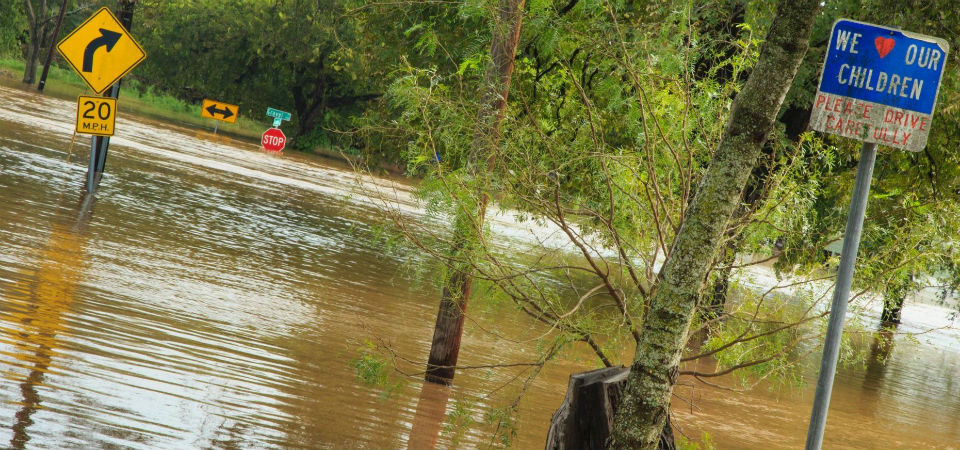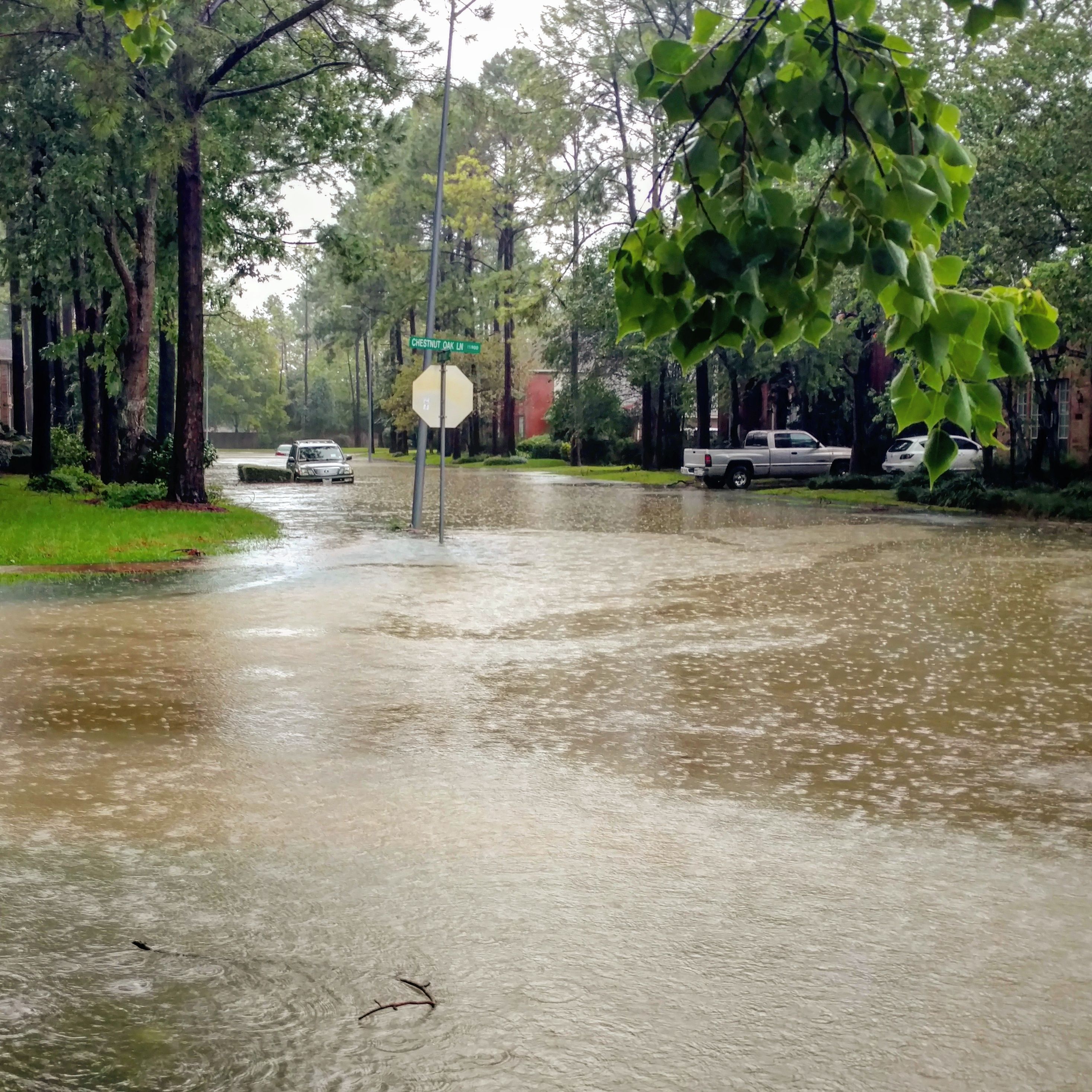The floods in Texas have devastated the lives of thousands of people, writes Professor Barry Bogin.
Despite being a wealthy state, there is still huge disparity between the rich and poor.
In the city of Houston, official government sources estimate that 27.8 percent of residents had incomes below the poverty level in 2015.
More alarming is that 34.4 percent of Houston’s children lived in homes below the poverty line.
It is these impoverished children, and their families, who are most at risk for long-term health consequences of hurricane Harvey.
Hurricane Katrina flooded the city of New Orleans in 2005.
Again, the children of underprivileged families in New Orleans suffered disproportionately.
Several studies published since 2010 reported that these effected youngsters showed evidence of serious emotional disturbance.
The ailments are serious enough to impede a child's academic progress and stunt overall development.
Today, New Orleans and the state of Louisiana have the highest rate of young adults not in school or working for all of the USA.
Many mistakes were made in the response to Hurricane Katrina.
Donald Trump visited Texas this week and proclaimed, “we want to do it better,” meaning better than the administration of former President George W. Bush.
But, no matter how efficient the government response to the immediate tragedy, the poverty afflicting one-third of Houston’s children will not change.
They will continue to fall far from the safety-net of government services, including preventive medical care, education, and job training.
Climate scientists have already provided evidence that climate change did not cause the hurricane, but ‘climate change made Hurricane Harvey more deadly’.
.jpg)
Floodwaters surround homes in Dhaka, Bangladesh
Research at Loughborough University has shown how flooding has a downward spiralling impact on vulnerable populations and increases vulnerability to outcomes like malnutrition and emotional distress in affected households.
Many parts of the world experience periodic flooding.
These floods are most harmful to health in the poorer countries, with few resources to control floods and many people forced by poverty to live in flood-prone areas.
Our team investigated the impact of floods on human health in Dhaka, the capital of Bangladesh.
We found strong evidence that the yearly foods caused by monsoon rains caused malnutrition, poor growth and poor development of infants and young children.
The Bangladeshi mothers could only maintain the health of their children through coping strategies which had other negative consequences.
Mothers would need to work away from the home while leaving their young children without proper babysitters, usually in the care of an older child.
But flooding and its harmful effects on human health are no longer problems confined to Bangladesh and other poor countries.
We in the rich countries are less secure each day as climate change and climate instability come right up to our doorsteps.
The 2017 SSHB symposium: Human Biology of Climate Change takes place between 12 – 15 September, at the Ramada Loughborough hotel.
It features nine confirmed speakers, including Loughborough University’s Professor Rob Wilby and Professor George Havenith.
ENDS

